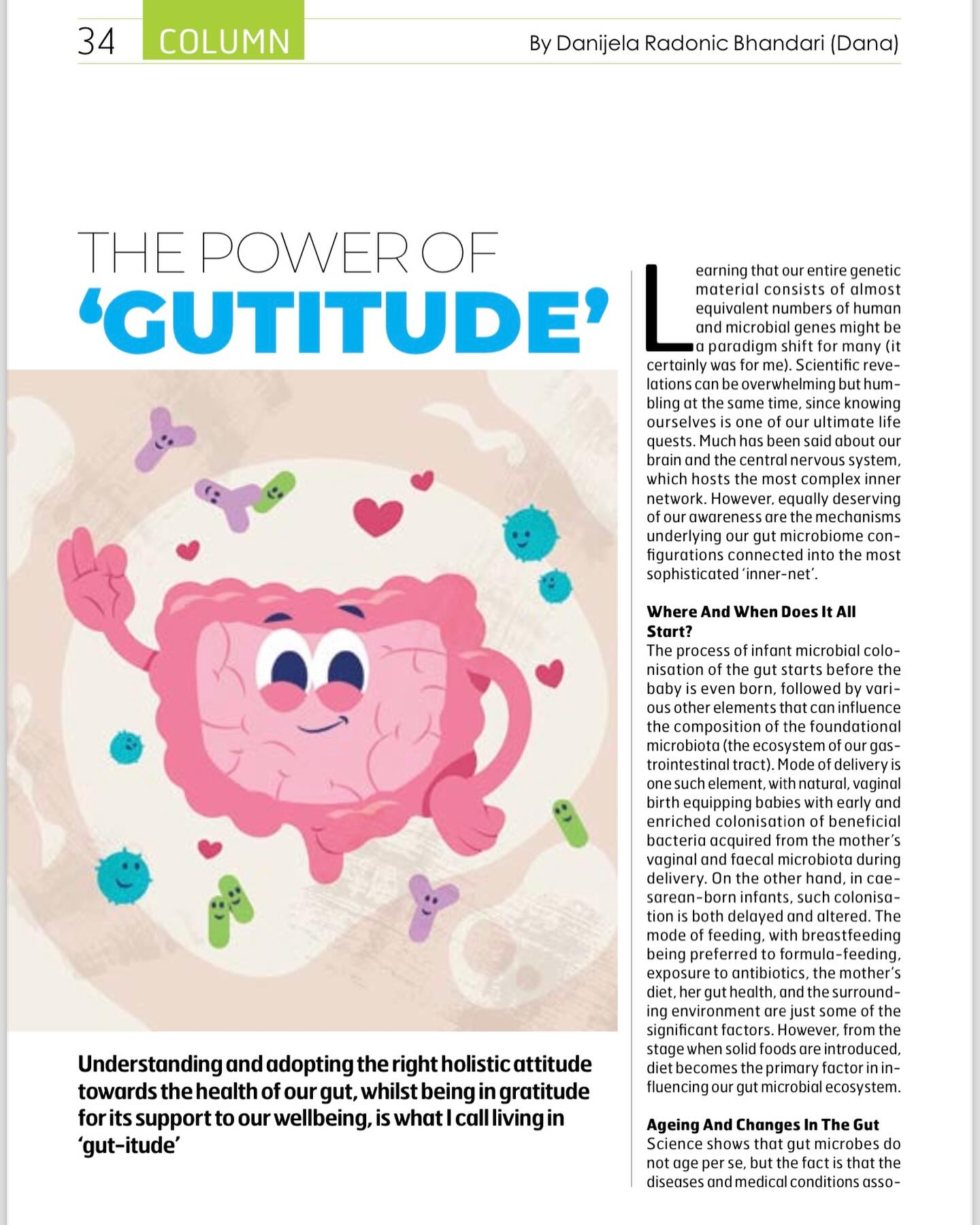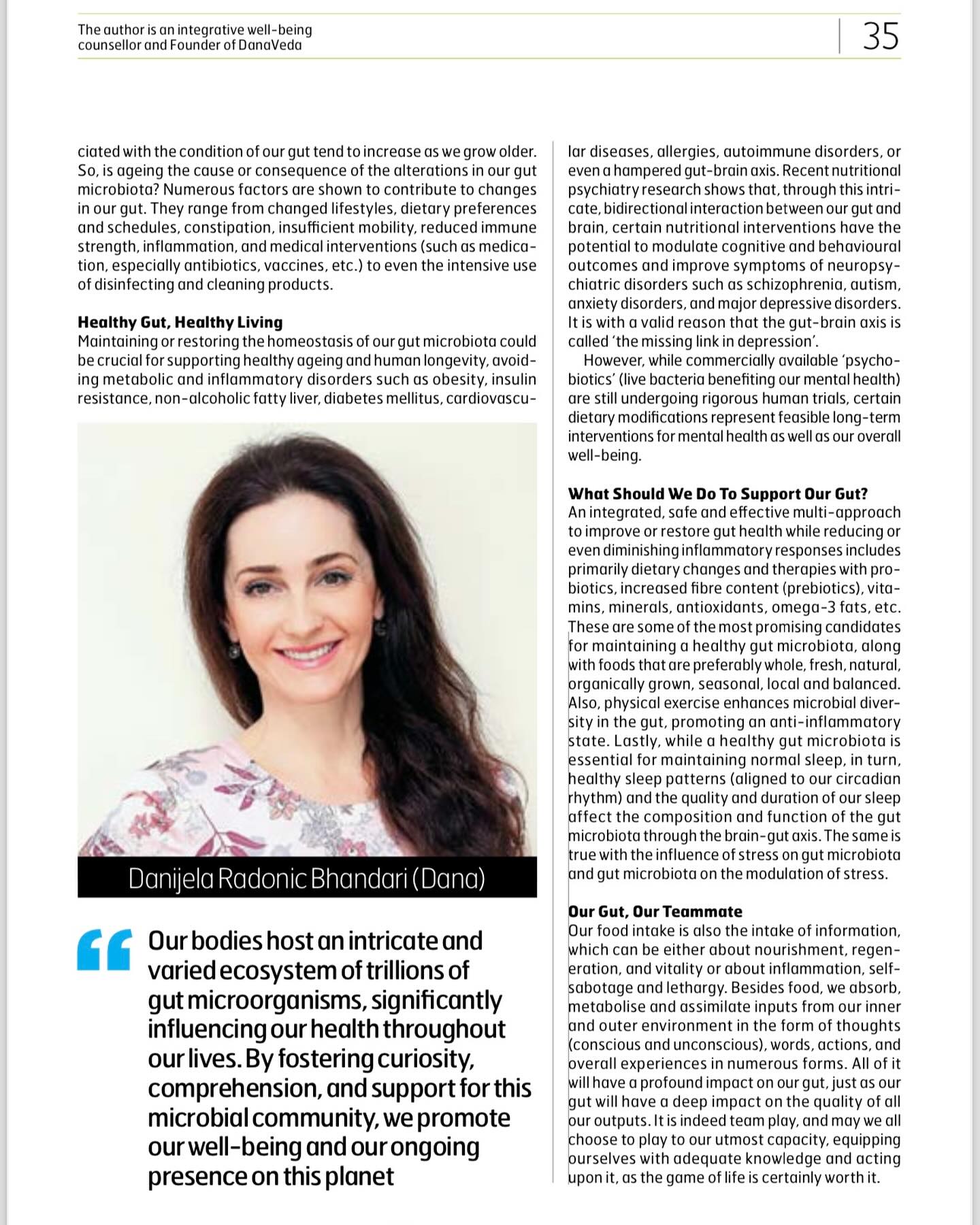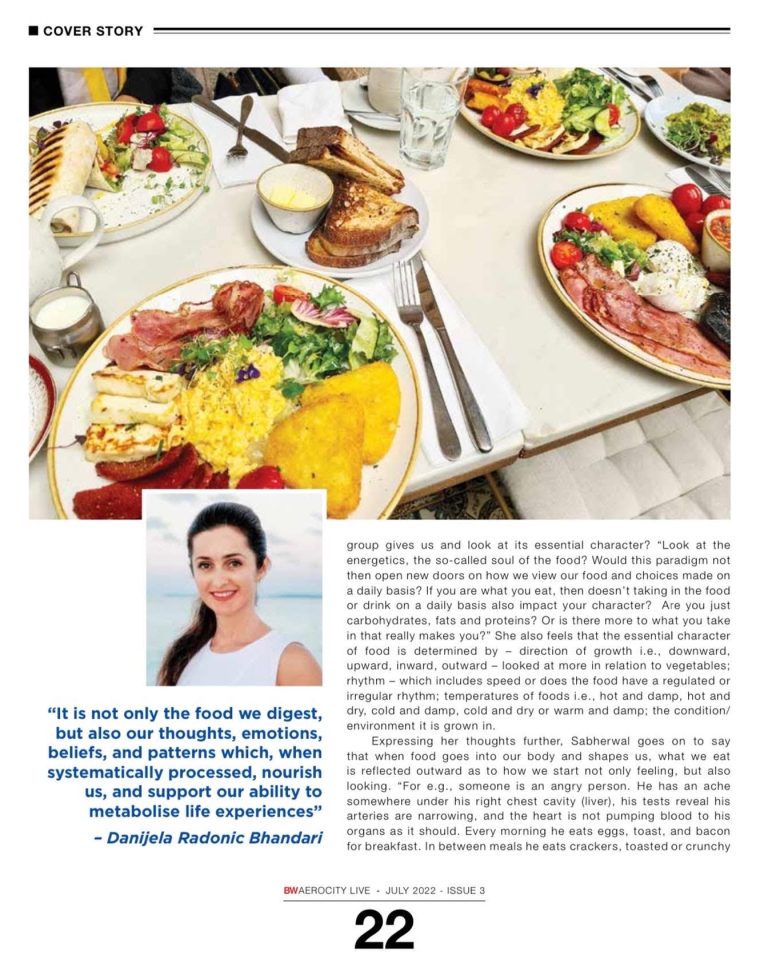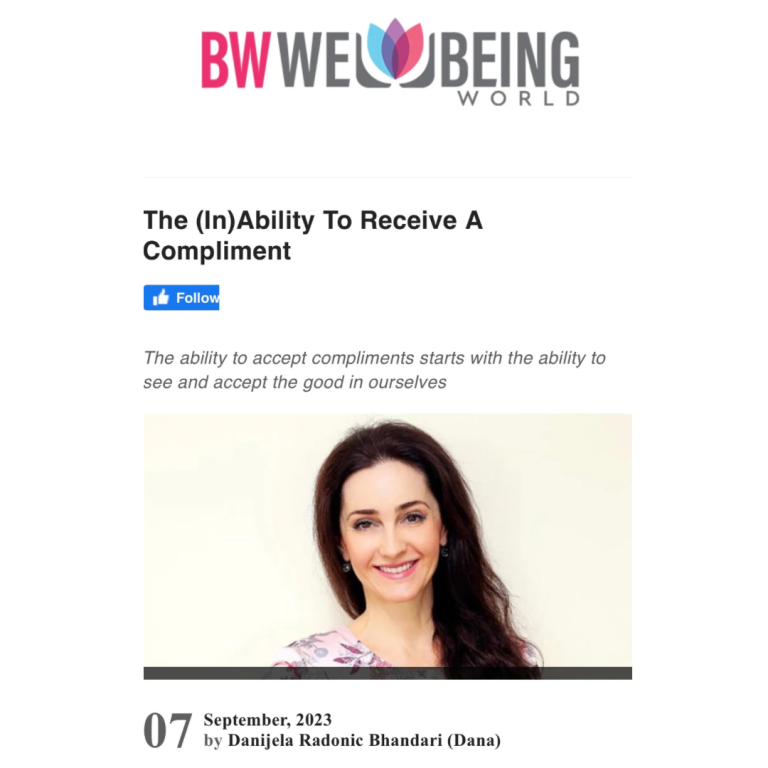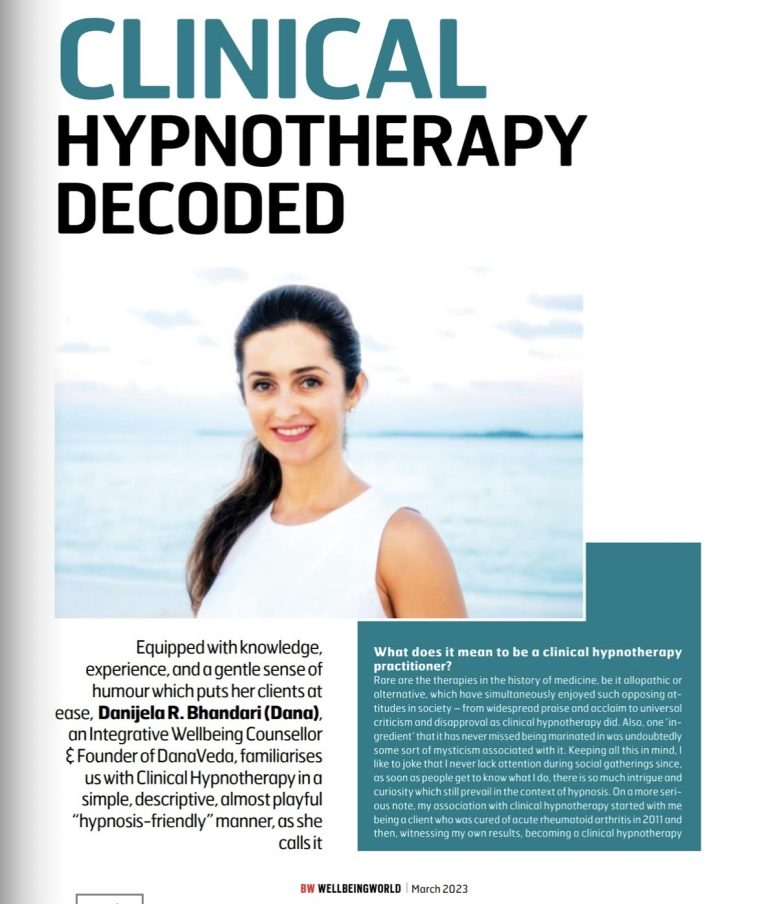The Power of ‘Gutitude’
Understanding and adopting the right holistic attitude towards the health of our gut, whilst being in gratitude for its support to our wellbeing, is what I call living in ‘gut-itude’
Our bodies host an intricate and varied ecosystem of trillions of gut microorganisms, significantly influencing our health throughout our lives. By fostering curiosity, comprehension, and support for this microbial community, we promote our well-being and our ongoing presence on this planet
Learning that our entire genetic material consists of almost equivalent numbers of human and microbial genes might be a paradigm shift for many (it certainly was for me). Scientific revelations can be overwhelming but humbling at the same time since knowing ourselves is one of our ultimate life quests. Much has been said about our brain and the central nervous system, which hosts the most complex inner network. However, equally deserving of our awareness are the mechanisms underlying our gut microbiome configurations connected into the most sophisticated ‘inner-net’.
Where And When Does It All Start?
The process of infant microbial colonisation of the gut starts before the baby is even born, followed by various other elements that can influence the composition of the foundational microbiota (the ecosystem of our gastrointestinal tract). Mode of delivery is one such element, with natural, vaginal birth equipping babies with early and enriched colonisation of beneficial bacteria acquired from the mother’s vaginal and faecal microbiota during delivery. On the other hand, in caesarean-born infants, such colonisation is both delayed and altered. The mode of feeding, with breastfeeding being preferred to formula-feeding, exposure to antibiotics, the mother’s diet, her gut health, and the surrounding environment are just some of the significant factors. However, from the stage when solid foods are introduced, diet becomes the primary factor in influencing our gut microbial ecosystem.
Ageing And Changes In The Gut
Science shows that gut microbes do not age per se, but the fact is that the diseases and medical conditions associated with the condition of our gut tend to increase as we grow older. So, is ageing the cause or consequence of the alterations in our gut microbiota? Numerous factors are shown to contribute to changes in our gut. They range from changed lifestyles, dietary preferences and schedules, constipation, insufficient mobility, reduced immune strength, inflammation, and medical interventions (such as medication, especially antibiotics, vaccines, etc.) to even the intensive use of disinfecting and cleaning products.
Healthy Gut, Healthy Living
Maintaining or restoring the homeostasis of our gut microbiota could be crucial for supporting healthy ageing and human longevity, avoiding metabolic and inflammatory disorders such as obesity, insulin resistance, non-alcoholic fatty liver, diabetes mellitus, cardiovascular diseases, allergies, autoimmune disorders, or even a hampered gut-brain axis. Recent nutritional psychiatry research shows that, through this intricate, bidirectional interaction between our gut and brain, certain nutritional interventions have the potential to modulate cognitive and behavioural outcomes and improve symptoms of neuropsychiatric disorders such as schizophrenia, autism, anxiety disorders, and major depressive disorders. It is with a valid reason that the gut-brain axis is called ‘the missing link in depression’.
However, while commercially available ‘psychobiotics’ (live bacteria benefiting our mental health) are still undergoing rigorous human trials, certain dietary modifications represent feasible long-term interventions for mental health as well as our overall well-being.
What Should We Do To Support Our Gut?
An integrated, safe and effective multi-approach to improve or restore gut health while reducing or even diminishing inflammatory responses includes primarily dietary changes and therapies with probiotics, increased fibre content (prebiotics), vitamins, minerals, antioxidants, omega-3 fats, etc. These are some of the most promising candidates for maintaining a healthy gut microbiota, along with foods that are preferably whole, fresh, natural, organically grown, seasonal, local and balanced. Also, physical exercise enhances microbial diversity in the gut, promoting an anti-inflammatory state. Lastly, while a healthy gut microbiota is essential for maintaining normal sleep, in turn, healthy sleep patterns (aligned to our circadian rhythm) and the quality and duration of our sleep affect the composition and function of the gut microbiota through the brain-gut axis. The same is true with the influence of stress on gut microbiota and gut microbiota on the modulation of stress.
Our Gut, Our Teammate
Our food intake is also the intake of information, which can be either about nourishment, regeneration, and vitality or about inflammation, self-sabotage and lethargy. Besides food, we absorb, metabolize, and assimilate inputs from our inner and outer environment in the form of thoughts (conscious and unconscious), words, actions, and overall experiences in numerous forms. All of it will have a profound impact on our gut, just as our gut will have a deep impact on the quality of all our outputs. It is indeed team play, and may we all choose to play to our utmost capacity, equipping ourselves with adequate knowledge and acting upon it, as the game of life is certainly worth it.
The author is an Integrative Well-Being Counsellor and Founder of DanaVeda.
